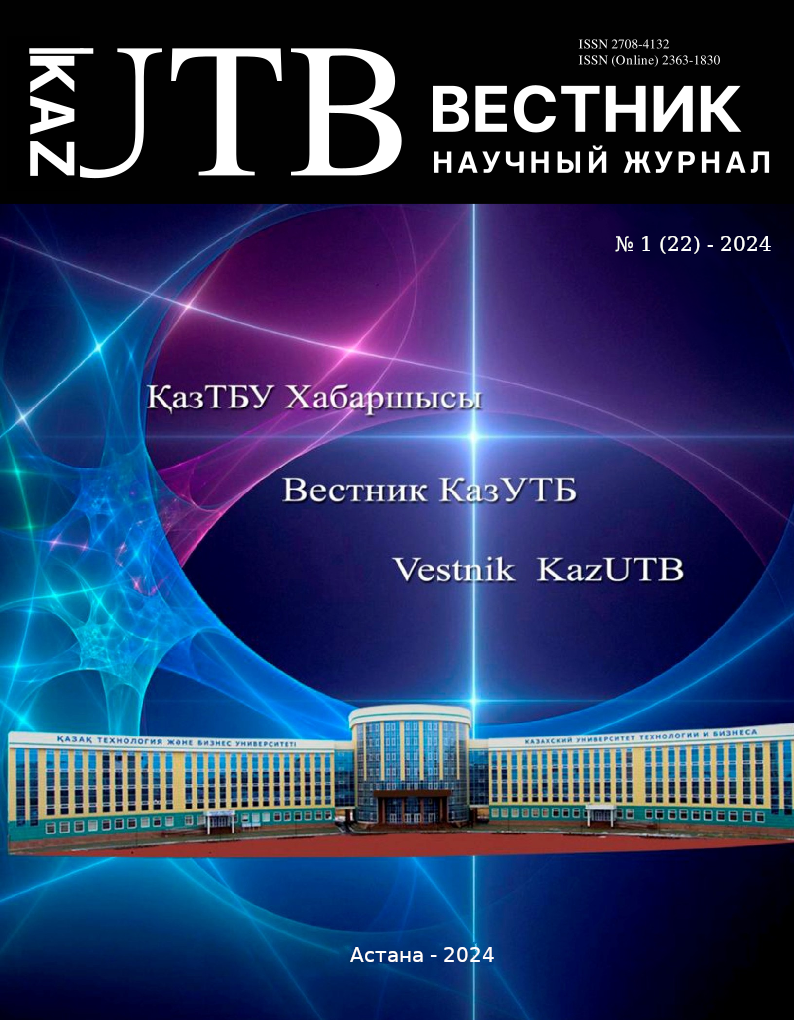Меню


Information and communication and chemical technologies
No. 1 (22) - 2024 / 2024-03-31 / Number of views: 205
DEVELOPMENT AND RESEARCH OF INTELLIGENT ALGORITHMS FOR OPTIMAL CONTROL OF THE PHOSPHORUS PURIFICATION PROCESS
Authors
Keywords
желтый фосфор, матрица полного факторного эксперимента (ПФЭ), алгоритмы оптимального управления, очистка фосфора, мышьяк, органика, интеллектуальные модели управления, нечеткие алгоритмы, нейронные сети, нейро-нечеткие алгоритмы.
Link to DOI:
How to quote
Abstract
In a market economy, the task of implementing optimal control systems for technological processes in non-ferrous and ferrous metallurgy, chemical industry, petrochemistry, etc., becomes crucial. These systems enable more rational use of mineral resources, save thermal and electrical energy, reduce environmental consequences, and enhance the economic efficiency of production. The active development and implementation of optimal control systems for various technological processes worldwide began in the 60s-80s of the last century. However, to this day, no significantly automated optimal control system has been introduced, primarily due to the extraordinary complexity of physico-chemical phenomena in modern technological processes, hindering the creation of sufficiently adequate mathematical descriptions of these phenomena.
Recently, there has been a global trend towards the use of modern intelligent technologies that leverage the knowledge, experience, and intuition of experts. The integration of artificial intelligence methods in synthesizing optimal control systems has simplified their creation, improved the quality of control models, and increased their efficiency. Hence, the relevant task is the development and implementation of intelligent models (algorithms) for controlling various technological processes, including the phosphorus purification subsector.
We propose the use of methods and tools to create new intelligent control algorithms for the complex technological process of purifying phosphorus from arsenic and organics in industrial conditions at the Novodzhambul Phosphorus Plant (NPP3).
Keywords: yellow phosphorus, full factorial experiment matrix (FFEM), optimal control algorithms, phosphorus purification, arsenic, organics, intelligent control models, fuzzy algorithms, neural networks, neuro-fuzzy algorithms.



